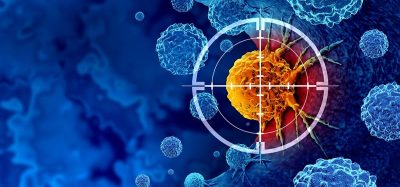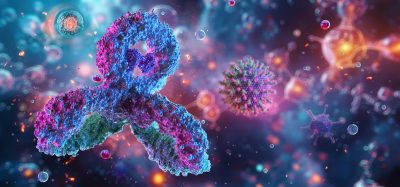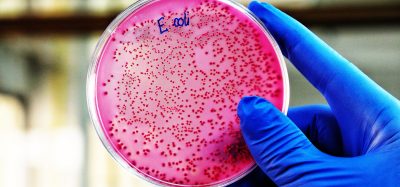Innovative lupus treatment under investigation at Virginia Tech
Posted: 10 January 2025 | Drug Target Review | No comments yet
A Virginia Tech student is investigating new treatments for lupus, an autoimmune disease that affects millions worldwide.


Noah Oakland, a student at Virginia Tech, is researching a promising treatment for lupus. His work focuses on using DNA-like molecules to alleviate the disease’s debilitating symptoms, such as chronic pain, fatigue, and potential organ damage.
Lupus is a challenging condition for both patients and researchers. It causes the immune system to mistakenly attack the body’s own tissues and organs, and current treatments are limited to a combination of immunosuppressants and anti-inflammatory medications. However, these treatments often come with significant side effects. As such, the search for more effective and less invasive therapies is vital.
Oakland is conducting his research under the guidance of Prof. Xin Luo at the Virginia-Maryland College of Veterinary Medicine. His work is supported by the highly competitive NIH Ruth L. Kirschstein National Research Service Award F30. This award is designed to support students who are pursuing dual M.D. and Ph.D. degrees and prepare them for careers as physician-scientists. The funding comes from the NIH’s National Institute of Allergy and Infectious Diseases.
Oakland’s research focuses on synthetic DNA-like molecules called CpG oligodeoxynucleotides (CpG ODN). These molecules are designed to mimic bacterial DNA patterns and have shown promise in previous studies for their ability to modulate the immune system. Oakland’s work builds on prior research conducted in Luo’s lab, where the team demonstrated that bacterial DNA could reduce lupus symptoms in mice.
“Before Noah joined my lab, we had published that bacterial DNA, which is large and variable, was able to attenuate lupus in mice,” said Xin Luo. “There were some discussions among team members that we needed something that was simple; but it was Noah who decided to work on a simpler, more uniform alternative to bacterial DNA.”
Oakland’s work focuses on CpG ODNs as a more uniform and controlled alternative. “He tested this idea in cell cultures, finding that CpG ODNs function through a mechanism similar to that of bacterial DNA, but with a more pronounced effect on increasing immunosuppression, which is key to the treatment of lupus,” said Luo. “In other words, CpG ODNs may be even better than bacterial DNA in attenuating lupus.” The next step in the research is moving from cell cultures to animal models, with Oakland planning to test whether CpG ODNs can reduce lupus symptoms in mice. The team hopes to develop a safe and effective therapy that harnesses the body’s natural immune response, providing an alternative to the current medications used to manage lupus.
“This multifaceted project suits him very well because Noah is an excellent experimentalist in both cell cultures and animal models research,” Luo added. “More importantly, Noah has the intelligence, motivation, and creativity to carry on the project by himself, evidenced by his NIH F30 award proposal, which he wrote entirely on his own.”
Oakland’s passion for both medical research and patient care is evident. “When you’re doing novel things that nobody has tried before, that’s really exciting,” he said. “I really want both of those aspects in my career – the more abstract goal of increasing knowledge and the tangible goal of helping someone who needs it.”
His work is a testament to the potential of combining clinical practice with research to drive innovation in medical treatments. If successful, this new approach could provide significant relief to those affected by lupus and pave the way for novel treatments for other autoimmune diseases.
Related topics
Animal Models, Drug Discovery, Drug Discovery Processes, Immunology, Translational Science
Related conditions
Lupus
Related organisations
National Institutes of Health (NIH), Virginia Tech, Virginia Tech Carilion School of Medicine and Research Institute (VTC), Virginia-Maryland College of Veterinary Medicine
Related people
Noah Oakland, Prof. Xin Luo








